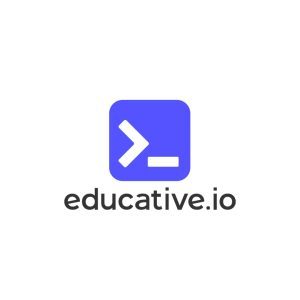Linux Endpoint Security: Processes
This course will teach you the basics of command line tools to work with processes on Linux.
Roles in cybersecurity require an seemingly insurmountable amount of implied knowledge. In this course, Linux Endpoint Security: Processes, you will gain a security focused, baseline understanding of how processes work on Linux systems, and command line tools to work with them. First, you will explore the use of PS and how files are mapped to processes. Next, you will work with pstree to understand the relationships between processes. Finally, you will learn how to leverage that understanding to track down activity on a Linux device. When you’re finished with this course, you’ll have the skills and knowledge of Linux processes, including simple tricks from advanced security practitioners that will enable you to continue advancing into more technical roles within security operations.
Author Name: Aaron Rosenmund
Author Description:
Aaron M. Rosenmund is a cyber security operations subject matter expert, with a background in federal and business defensive and offensive cyber operations and system automation. Leveraging his administration and automation experience, Aaron actively contributes to multiple open and closed source security operation platform projects and continues to create tools and content to benefit the community. As an educator & cyber security researcher at Pluralsight, he is focused on advancing cyber secur… more
Table of Contents
- Course Overview
0mins - Intro & Baselining with PS Coverage
7mins - Discover Relationships with pstree
5mins - Identify Anomalous Process with ps
11mins







There are no reviews yet.